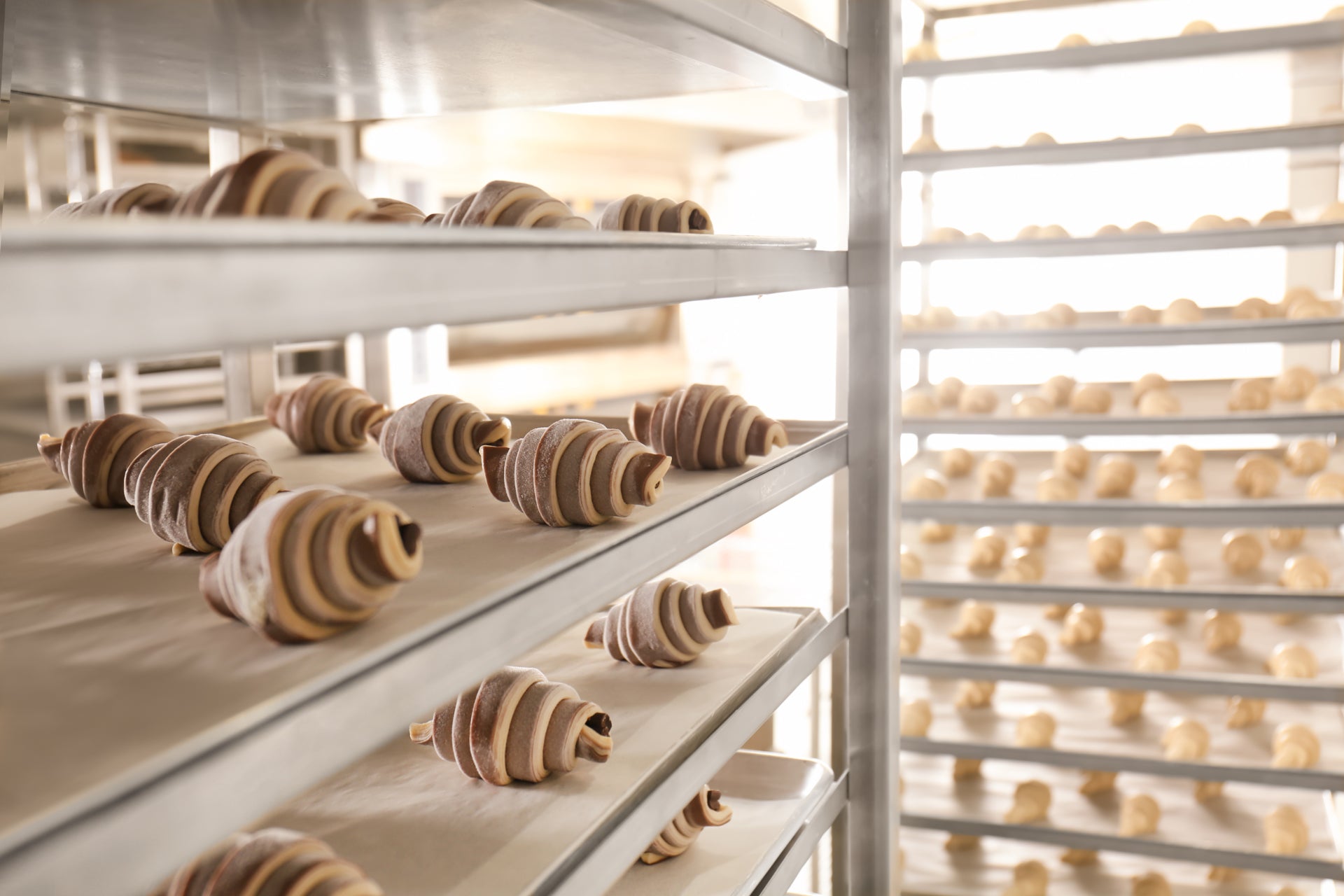The refrigerator is an essential element in the kitchen of any restaurant, and its efficient organization is crucial for keeping food safe and optimizing the available space. In this article, we will explore the importance and benefits of good professional refrigerator organization in a restaurant kitchen , as well as the steps and recommended practices to achieve this.
The importance of the correct organization of the refrigerator in a restaurant
A restaurant's refrigerator is the heart of the kitchen and should be treated as such. Proper organization ensures that food is kept in safe conditions, preventing contamination and waste. It also helps maintain operational efficiency and reduce costs by optimizing space and processes.
Stages of preparation for organizing the refrigerator
Cleaning and sanitation
The first step in organizing your fridge is to deep clean and sanitize it. It is important to remove any residue or dirt and use food safe cleaning solutions.
Food labeling and dating
Each food must be labeled and dated before being placed in the refrigerator. This will help you monitor the shelf life of your food and prevent wastage.
Storage according to temperature and needs
Food must be stored according to recommended temperatures and specific needs. For example, raw meat must be stored separately from cooked food to prevent contamination.

Categorizing food in the refrigerator
For better organization, it is useful to categorize the food in the refrigerator. This can include vegetables and fruits, dairy products and eggs, meat and fish, as well as spices and sauces.
Produce
Vegetables and fruits should be stored in separate areas, in compartments or containers that keep them fresh.
Dairy products and eggs
Dairy products and eggs should be stored at the top of the refrigerator where the temperature is most consistent.
Meat and fish
Raw meat and fish should be stored in the lower parts of the refrigerator to prevent juices from leaking and contaminating other foods.
Condiments and sauces
Condiments and sauces can be stored in doors or on shelves for easy access and visibility.
Optimizing the space in the fridge
To maximize available space, it is important to use shelves and drawers efficiently, as well as use containers and storage boxes to better organize food.
Use of shelves and drawers
The shelves and s
erters should be adjusted according to the height and dimensions of the food to avoid wasting space. Additionally, using drawers for specific food categories can make finding and accessing them easier.
Use of containers and storage boxes
To separate and organize food better, it is recommended to use transparent or labeled containers and storage boxes. They not only help maintain order, but also protect food from contamination.

Avoiding food contamination and waste
To ensure food quality and safety, it is crucial to avoid contamination and waste.
Keeping raw and cooked foods separate
Raw foods such as meat and vegetables should be stored separately from cooked foods to prevent the transmission of bacteria and contamination. It is also important to use utensils and equipment carefully to avoid cross-contamination.
Meeting deadlines
Monitoring and meeting food expiration dates is crucial to preventing food waste and food poisoning. Check the expiry date of food regularly and use the FIFO (first in, first out) system to use older food first.
Regular stock review and disposal of expired food
A regular stock review will help you identify and dispose of expired or spoiled food. Make sure you do this check regularly to keep your fridge clean and tidy.
Maintaining hygiene and cleanliness in the refrigerator
Cleanliness and hygiene are essential to prevent contamination and maintain food safety.
Regular cleaning of the refrigerator
The refrigerator should be cleaned regularly, about once a week or whenever necessary. Remove all food, clean the inside with soap and water, then wipe down with a solution of water and vinegar to remove bacteria.
Removing spills and dirt immediately
Any spills or dirt should be cleaned up immediately to prevent the spread of bacteria and unpleasant odors.
Use food safe cleaning agents
When cleaning the refrigerator, use only food-safe cleaning agents such as vinegar or baking soda solutions. Avoid harsh chemicals that can leave toxic residue.

The benefits of a well-organized refrigerator in a restaurant
Efficient refrigerator organization brings many benefits to both food safety and a restaurant's operational efficiency.
Reducing the risk of contamination and food poisoning
By keeping food in safe conditions and following hygiene standards, a well-organized refrigerator can significantly reduce the risk of contamination and food poisoning.
Maximizing the shelf life of food
Proper organization of the refrigerator can help maintain the freshness and quality of food for a longer period of time. This can lead to reduced waste and financial savings for the restaurant.
Operational efficiency and cost savings
By optimizing space and processes, good refrigerator organization can help increase a restaurant's operational efficiency. Reducing the waste and costs associated with expired or spoiled food can bring significant savings in the long run.
Refrigerator organization in a restaurant is a crucial aspect of efficient food management and maintaining food safety. By following recommended practices and paying attention to the details of hygiene and cleanliness, a restaurant can ensure the quality and safety of the food served to its customers.
Frequently asked questions about organizing the professional refrigerator in a restaurant kitchen
How can I avoid food contamination in the refrigerator?
To avoid contamination, be sure to keep raw food separate from cooked food, clean the refrigerator regularly, and use safe storage containers.
What are the best practices for storing food in the refrigerator?
It is recommended to store food according to the optimal storage temperature and use the FIFO system to use the oldest food first.
Why is food labeling and dating important?
Labeling and dating foods helps you monitor their shelf life and prevent waste by using foods before they expire.
How often should a restaurant refrigerator be cleaned?
A restaurant's refrigerator should be cleaned regularly, at least once a week or whenever necessary to maintain hygiene and safety




